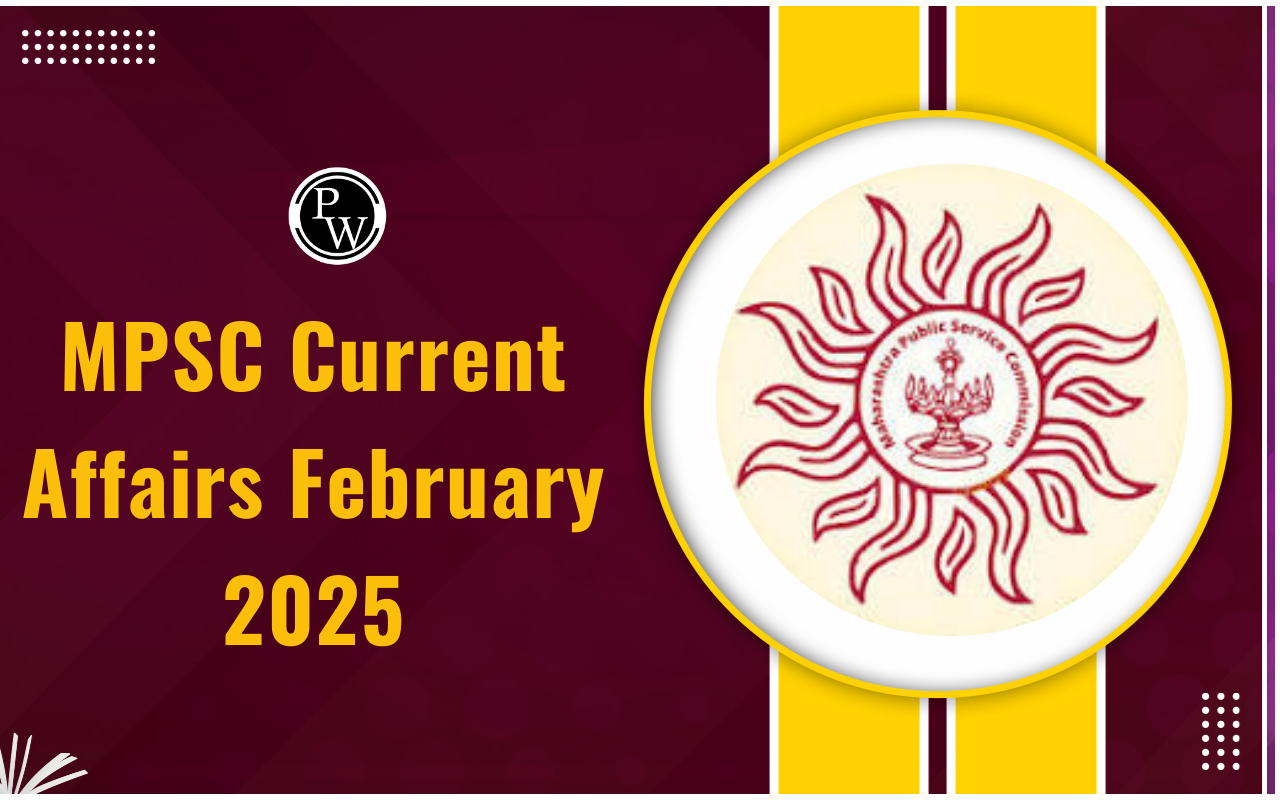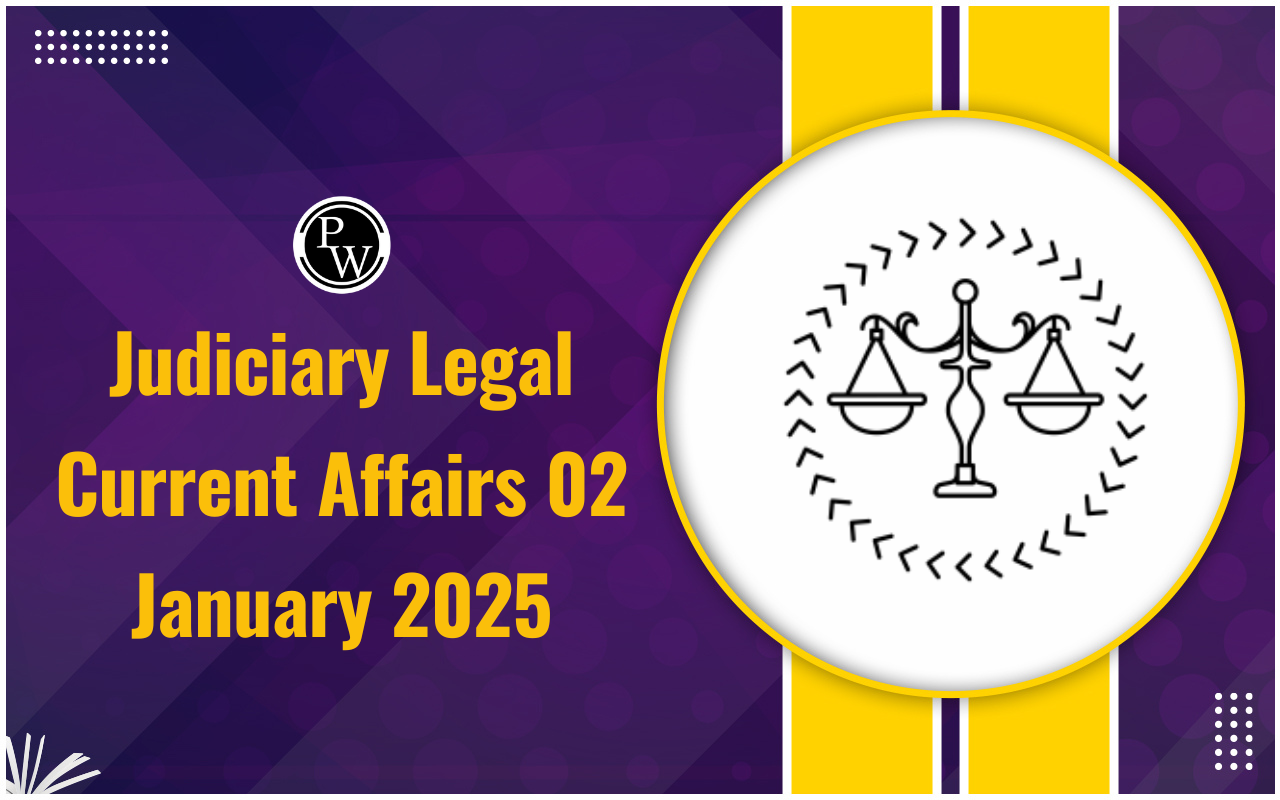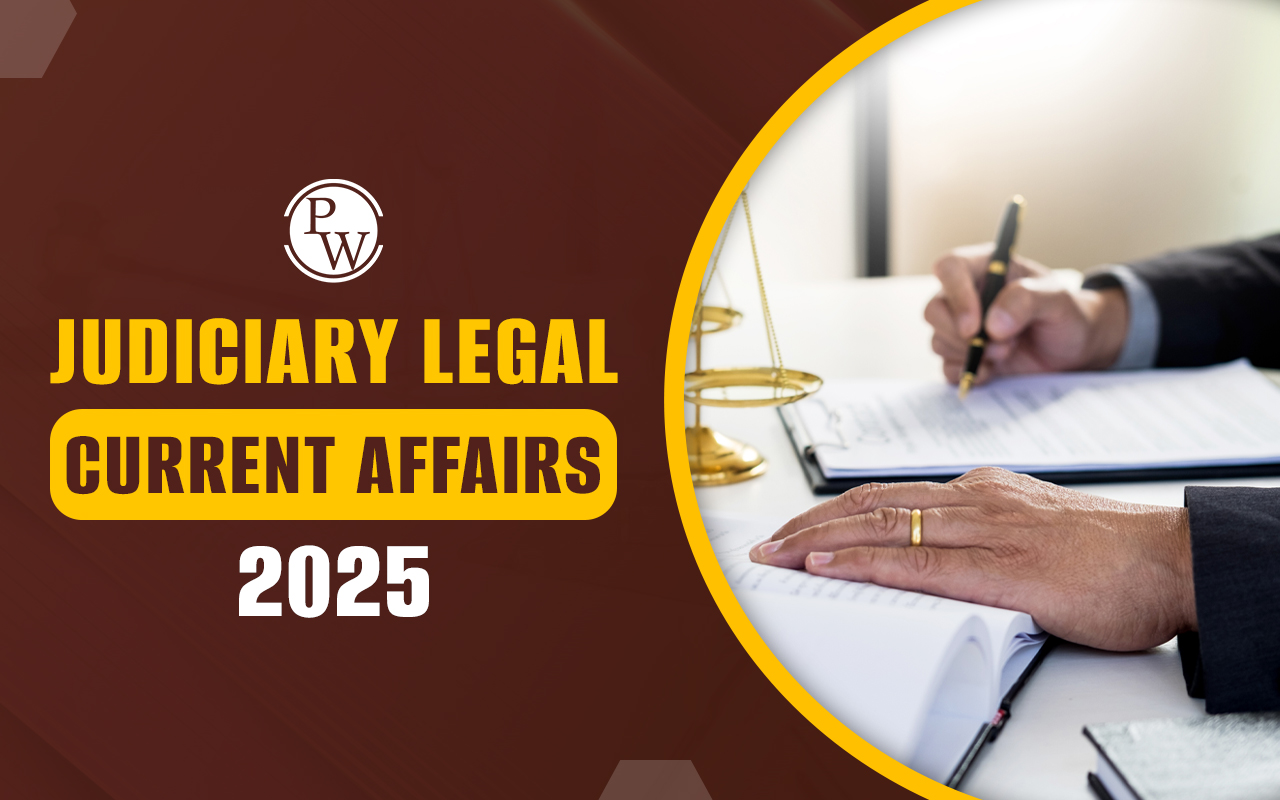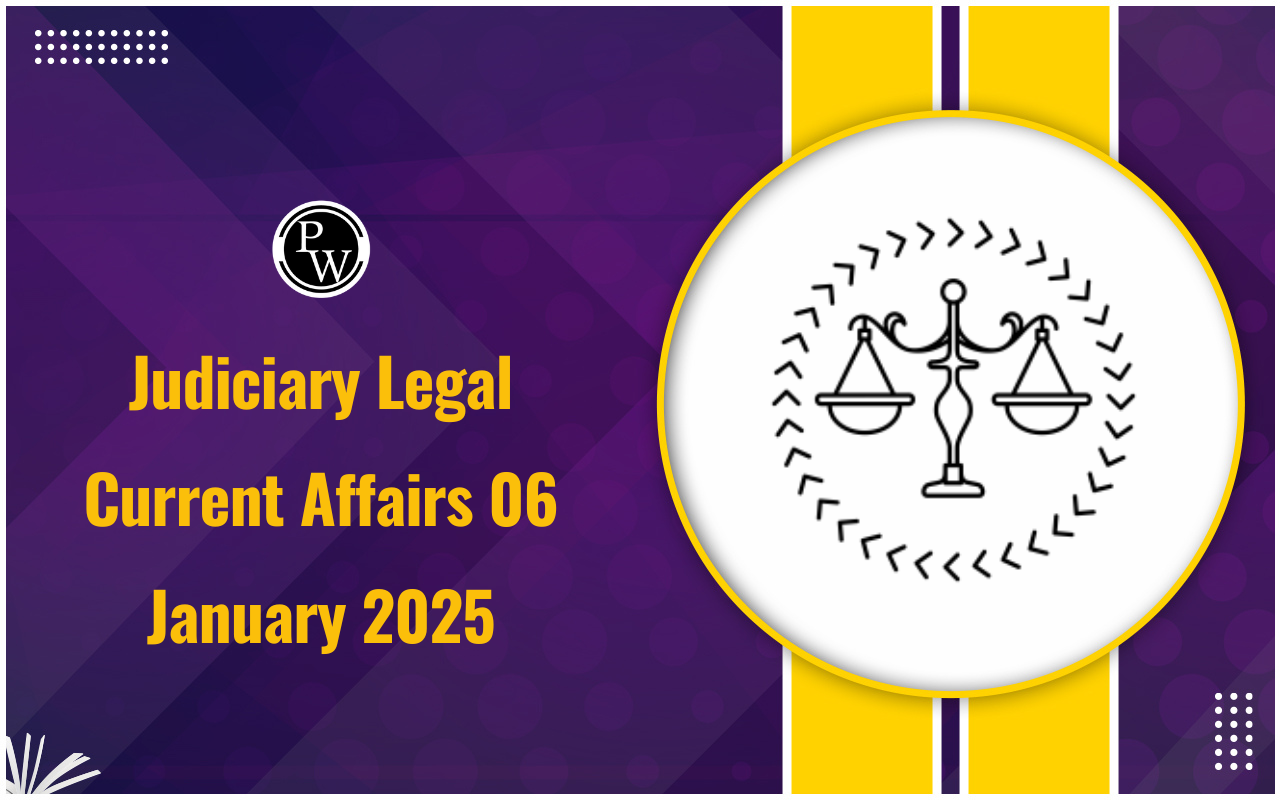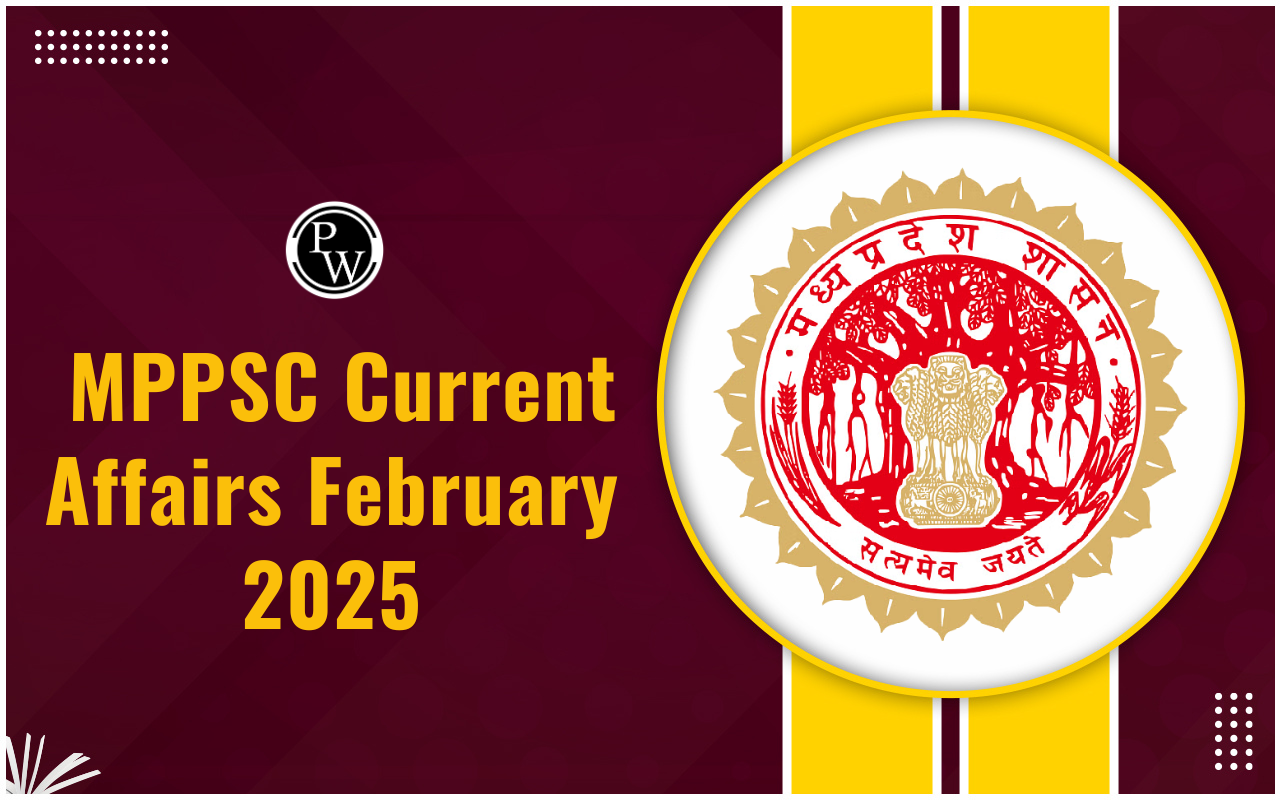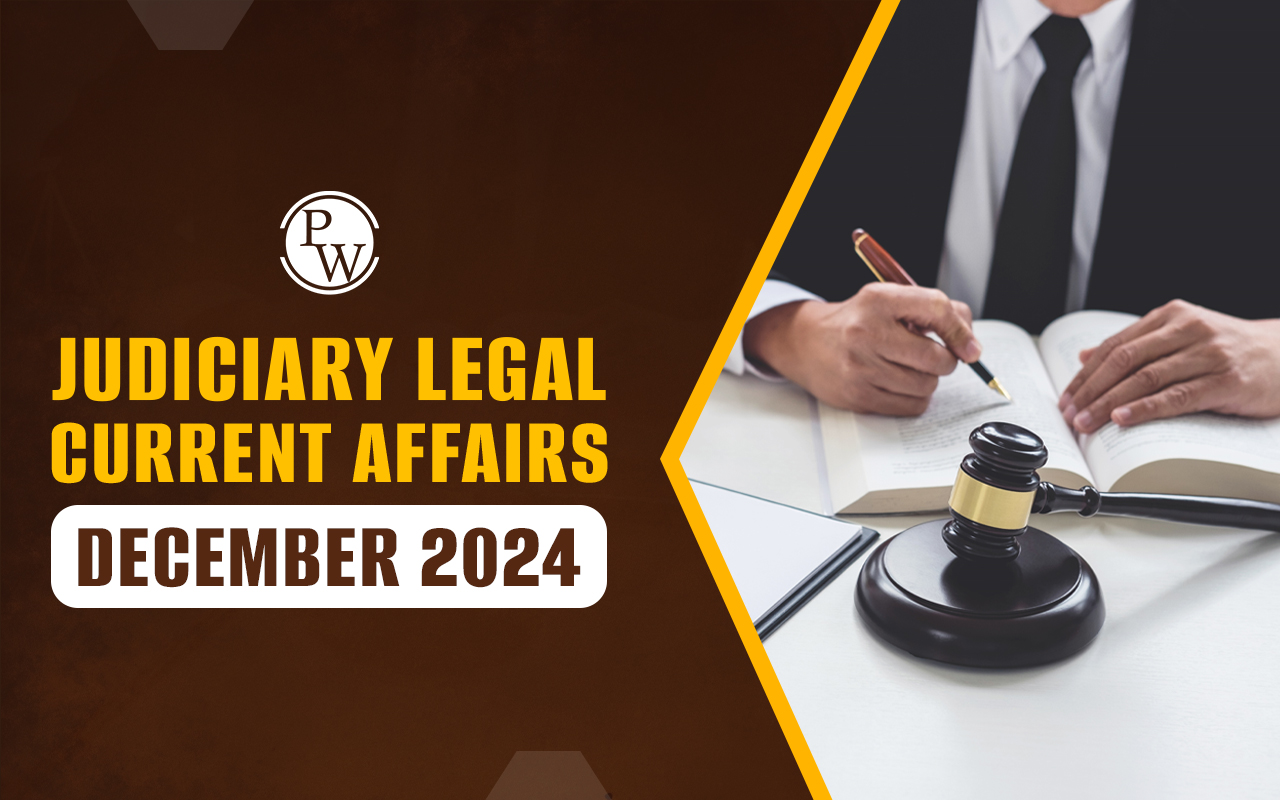
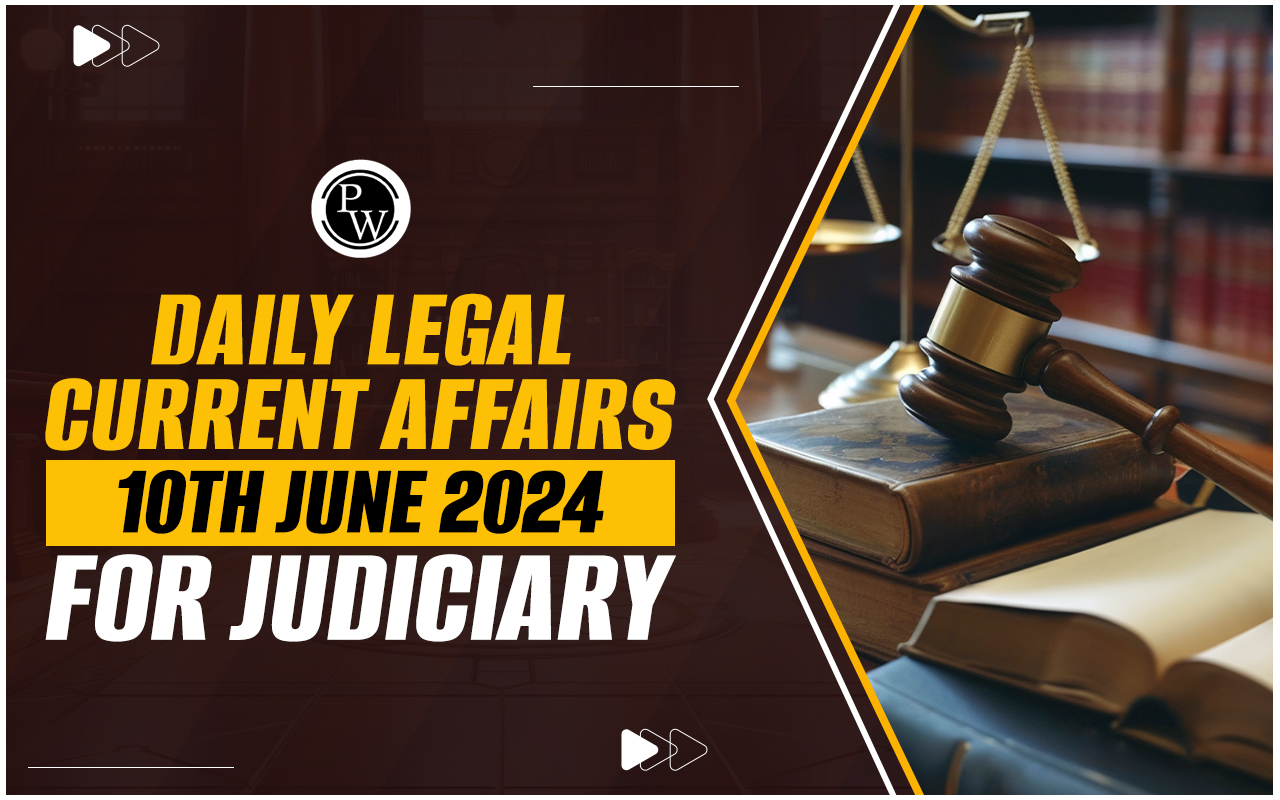
Ankur Chaudhary v. State of Madhya Pradesh
-
- FORUM: Supreme Court of India
- BENCH: Justices JK Maheshwari and KV Viswanathan
- FACTS OF THE CASE
-
-
- The accused was in custody for more than two years in connection with the offence punishable under Section 8 read with Sections 22 and 29 of the Narcotic Drugs and Psychotropic Substances Act,1985 , and the trial was not concluded.
-
- Accused's Contention: The Panch witness examined before the trial court had not supported the case of the prosecution.
-
-
- Prosecution’s Contention: The bail could not be granted as an Investigation Officer has not been examined as a panch witness.
-
- OBSERVATION
-
- If there's an undue delay in the completion of the trial, then there would be no impediment to consider the grant of bail to the accused under Narcotics Drugs and Psychotropic Substances Act despite not meeting the stringent test under Section 37 of the NDPS Act.
- Failure to conclude the trial within a reasonable time resulting in prolonged incarceration militates against the precious fundamental right guaranteed under Article 21 of the Constitution of India.
- Conditional liberty overriding the statutory embargo created under Section 37(1)(b) of the NDPS Act , in such circumstances, may be considered.
- Section 37: It states that bail should not be granted to an accused unless the accused is able to satisfy twin conditions i.e. reasonable ground for believing that the accused is not guilty of such an offence and that the accused would not commit an offence or is not likely to commit an offence, if granted bail.
- Mohd. Muslim v. State (NCT of Delhi) and Rabi Prakash v. The State of Odisha, the Supreme Court of India, previously in these two cases, while considering a bail application in an offence under the NDPS Act held that in case of prolonged incarceration, conditional liberty will override the statutory embargo under Section 37 of the Act , which means that undue delay in a trial can be a ground to grant bail to an accused, despite the rigors of Section 37 of the Narcotic Drugs and Psychotropic Substances Act 1985 .
Usha Rani v. State of Punjab
-
- FORUM: Punjab & Haryana High Court
- BENCH: Justice Anoop Chitkara
- FACTS OF THE CASE
- Usha Rani filed a pre-arrest bail plea who was accused of distilling and trading illicit liquor, under Sections 61, 14 of Punjab Excise Act 1914.
- State’s Contention: The petitioner has a massive criminal history of 21 cases, out of which, in 07 cases she has been convicted under Excise Act. State opposed the bail on the grounds of a massive number of pending cases and the petitioner has a history for the last 21 years dealing with illicit liquor. There are a massive number of incidents where innocent people have died by drinking spurious liquor and the petitioner should not be granted bail.
- Petitioner’s Contention: The said FIRs have been registered at the instance of Sarpanch who is inimical towards the petitioner.
- OBSERVATION
-
- Manufacturing spurious liquor can cause "havoc in the society". Thus, anticipatory bail plea of a woman who was accused of distilling illicit liquor in her house and selling the same at higher price.
- The Court also noted that the woman had a massive criminal history wherein she was booked for trading illicit liquor.
Annegowda AND State By Yeshvanthapura Police Station & Others
-
- FORUM: Karnataka High Court
- BENCH: Justice K Natarajan
- FACTS OF THE CASE
- Complainant B J Nagarathnamma and another registered a private complaint against the petitioners before the Magistrate court.
-
-
- It referred the complaint to the police for registering the FIR and filing the final report.
- The police after receipt of the complaint registered the FIR in Crime No.461/2016 for the offences punishable under Sections 193, 34, 120B, 471, 420, 463, 468, 506(B) of IPC and after the investigation, the police have filed charge sheet against the petitioner for the offences punishable under Sections 420 and 201 of IPC.
- Subsequently, the Magistrate took cognizance and also secured the presence of the petitioner and framed the charges and subsequently issued summons to the complainant.
- The Assistant Public Prosecutor (APP) filed an application under Section 173(8) of CrPC for directing the Investigating Officer to conduct further investigation.
- Subsequently, the said interlocutory application was withdrawn after objection was raised by the petitioner/accused counsel.
- After framing of charges, the matter was posted for hearing in May 2021. Once again the Investigating Officer appeared before the court filed an application under Section 173(8) of Cr.P.C. seeking for further investigation, which was allowed by the Magistrate vide impugned order dated 26.3.2021.
- The petitioners contended that when the case was adjourned to some date and without notifying the accused the trial court passed the impugned order by advancing the case before the court and passed order for further investigation.
-
- Aneegowda, challenged the order of the Magistrate dated 26.3.2021 against the application filed by the Investigating Officer under Section 173 (8) of Cr.P.C, permitting for further investigation in the case registered against the accused charged for the offences punishable under Sections 201 and 420 of IPC.
-
-
- Therefore, without giving an opportunity for the petitioner ordering for further investigation, is not correct. Further, the Magistrate has power to direct the police to further investigate, but once the trial began after framing of the charges, the Magistrate has no power to direct the police to further investigate the matter.
- The prosecution opposed the plea saying the Investigating Officer who had filed the charge sheet had not properly investigated the matter. There were various offences made out in the complaint regarding forging the signature, creating the documents and selling the property. Such being the case, the Investigating Officer filed a charge sheet for the offence only under Section 420 of IPC.
-
- The matter was not investigated properly, therefore it is necessary for the Investigating Officer for further investigation and to file an additional charge sheet under Section 173(8) of Cr.P.C., which is permissible.
- OBSERVATION
- Sri Bhagwan Samardha Sreepada Vallabha Venkata Vishwanandha Maharaj v. State of Andhra Pradesh and others: Hon'ble Supreme Court stated that the court need not hear the accused for redirecting the police to further investigate. The contention of the learned counsel for the petitioner is not sustainable under the law.
- Devendra Nath Singh Vs State of Bihar reported in (2022): In view of the above said judgment the Magistrate has power to direct the police for further investigation for fair investigation.
-
-
- Merely the police filed the charge sheet and cognizance taken, the Court cannot confine to the charge sheet. If the Investigating Officer makes an application for further investigation of the matter to the Magistrate, the Magistrate has power to permit the police to further investigate the matter.
- Magistrate court has the power to direct further investigation in a case.
-
- Merely because the Magistrate did not give any notice to the accused while directing the police to further investigate the matter, that itself is not a ground to quash the order for further probe.
Also Check: Daily Legal Current Affairs 07th June 2024 For Judiciary
State Of Gujarat v. Shashikant Gordhanbhai Patel & Ors
-
- FORUM: Gujarat High Court
- BENCH: Justices Ilesh J Vohra and Niral R Mehta
- FACTS OF THE CASE
-
-
- In 1997 Ranchhodbhai and his son Arvind were killed at the farm belonging to the second accused, Arvindbhai Patel.
- The duo was allegedly abducted by the accused due to suspicion that Arvind had stolen gunny bags belonging to the principal accused.
- At the farm, the accused allegedly brutally assaulted the father and son with wooden logs and blows, resulting in fatal injuries.
- Ranchhodbhai died on the spot, while Arvind, in a semi-conscious state, was declared dead upon arrival at the Government Hospital.
- The incident was witnessed by Punjiben, the complainant, who arrived at the farm after the abduction.
- Police, led by Janardan Mahida, reached the scene of the crime where they found Ranchhodbhai's body and Arvind, who was still alive and uttered Shashikant Patel and others' names as his attackers before succumbing to his injuries en route to the hospital.
- The Additional Sessions Judge at Anand framed charges against the accused.
- The accused pleaded not guilty and were eventually acquitted due lack of support from eyewitnesses and doubting the credibility of the oral dying declaration made to Janardan Mahida, a police witness.
- State appealed against acquittal before the High Court.
-
- OBSERVATION
-
- The Trial Court observed that the oral Dying Declaration does not inspire confidence and in absence of corroboration to the contents of the oral Dying Declaration, it cannot be relied upon.
- The family members of the deceased, examined before the Trial Court, did not mention any oral Dying Declaration made before the police or shed light on the issue.
- The witness Janardan Mahida in his deposition has not stated that at the time of oral declaration, the deceased was in a fit state of mind and was able to understand what he was speaking.
- The trial Court has rightly sought corroboration to the oral declaration as within three to four minutes, the deceased succumbed to his injuries, which factors weighed to come to a conclusion that the oral declaration made before the witness cannot be formed basis of conviction.
- The court emphasised that within three to four minutes, the deceased succumbed to his injuries, which raised doubts about his state of mind at the time of declaration.
- The reasons for not accepting the oral Dying Declaration were reasonable and based on the evidence on record, and thus, the view taken by the Trial Court is plausible, and there is no perversity in the findings.
- An oral Dying Declaration can form the basis of conviction if the deponent is in fit condition to make the declaration and if it is found to be truthful.
- The Courts as a matter of prudence look for corroboration to oral Dying Declaration. However, if there exists any suspicion as regards the correctness or otherwise of the said Dying Declaration, the Courts in arriving at the conclusion of conviction, shall look for some corroborating evidence.
- A mechanical approach in relying upon the Dying Declaration just because it is there, is extremely dangerous and it is the duty of the Court to examine a Dying Declaration scrupulously with a microscopic eye to find out whether the Dying Declaration is voluntary, truthful, made in a conscious state of mind and without being influenced by the relatives present or by the investigating agency, who may be interested in the success of investigation or which may be negligent while recording the declaration.
- Gujarat High Court upheld the acquittal of an accused in a murder case, and emphasised that it is prudent to look for corroboration of an oral dying declaration.
Dhanee Singh @ Dhanush Singh vs. State of Telangana
- FORUM: Telangana High Court
- BENCH: Justice K. Sujana
- FACTS OF THE CASE
-
-
- The case in the criminal petition filed by the accused involved employing a minor for more than the prescribed working hours and paying them less than the minimum wage.
- The petitioner argued that the essential elements of the offence, namely keeping the child in bondage for employment or withholding/using their earnings, were not present in the case.
-
- OBSERVATION
-
- While the complaint alleged that the child was made to work longer hours for less pay, it lacked specific details about the actual number of hours worked and the salary paid.
- There was no evidence to suggest that the child was kept in bondage or that their earnings were withheld or misused by the employer.
- The court emphasized that to attract the offence under Section 79 of the Juvenile Justice (Care and Protection of Children) Act, 2OI5 , it is essential to establish that the child was held in bondage for the purpose of employment, or that their earnings were either withheld or used by the employer for their own purposes.
- The mere fact of employing a child for less salary and more hours, without these additional elements, does not constitute the offence.
- The petition was allowed and the criminal case against the petitioner was quashed.
Daily Legal Current Affairs Practice Questions 10 June 2024 For Judiciary
Q1) ‘Nemo moriturus praesumitur mentire’ means:
- Man will not meet the maker with a lie in his mouth.
- On the plaintiff rests the proving.
- Let the other side be heard as well.
- All the acts are presumed to have been done rightly and regularly
Q2) Which one of the following cases is related to the dying declaration?
(a) Mehboob Shah v. King Emperor (b) Queen v. Abdullah (c) Metayya v. King Emperor (d) M.C. Vergee v. Ponne Ans. (b)Q3) Punishment for criminal intimidation is mentioned under _______ of IPC .
(a) 503 (b) 504 (c) 505 (d) 506 Ans. (d)Q4) ‘A’ & 'B' orally agree to sell an estate. ‘A’ dishonestly induces ‘B’ to make advance payment of Rs. 5 lacs and make final payment at the execution of conveyance. ‘B’ pays an advance amount. Later on, at the request of ‘B’ to execute the conveyance, A denies the agreement as well as the receipt of any amount. What offence has been committed by ‘A’?
(a) Offence under Section 403, Indian Penal Code Indian (b) Offence under Section 406, Penal Code (c) Offence under Section 420, Indian Penal Code (d) Offence under Section 420 & 465, Indian Penal Code Ans. (c)Q5) Punishment for criminal intimidation is provided under section _____ of the Indian penal code.
- 502
- 504
- 504
- 506
Q6) Report of police officer on completion of investigation dealt under section _____ of the code of criminal procedure.
- 172
- 173
- 174
- 175
Q7) Criminal conspiracy is provided under section ______ of the indian penal code.
- 120
- 120A
- 120B
- 121
Judiciary Exam Current Affairs FAQs
How many months of current affairs is required for a Judiciary Exam?
Where can I study current affairs for the Judiciary?
How can I prepare for Judiciary current affairs?

